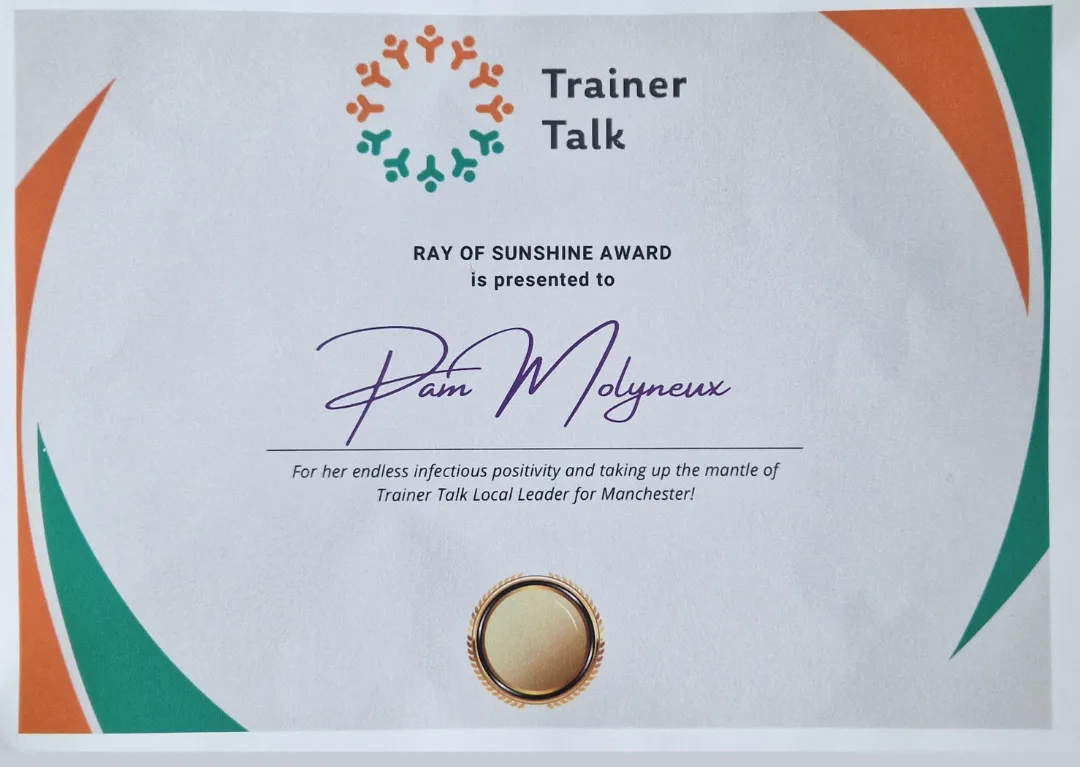Read Our Latest Blogs

Managing staff issues around school strikes
“Note that workers are not protected in the same way as employees – there is no right not to suffer a detriment for exercising rights in respect of family and domestic leave for workers under section 47C of the Employment Rights Act 1996 as there is for employees.” - Pam Molyneux
When will strikes be taking place?
England and Wales
1 February: All schools in England and Wales
14 February: All schools in Wales
28 February: North and north-west England, Yorkshire and Humber
1 March: East Midlands, West Midlands, and the NEU's eastern region
2 March: South-east and south-west England, and London
15 and 16 March: All schools in England and Wales
Individual schools will be affected for a maximum of four days. Government guidance says schools should stay open if possible.
Scotland
Almost all primary and secondary schools closed due to national and local strikes; 16 days of action began on 16 January.
2. Are there any statutory rights parents could utilise to take the day off?
Parental leave
This is only for employees with a year or mores service, with children under 18. There are practicalities however of this right that make it difficult.
Under the statutory rules, 21 days' notice of parental leave must be given. As strikes can be arranged with 14 days' notice, this can be an issue, unless the employer is flexible. Additionally, it has to be taken in blocks of one week or more (unless the child is disabled, in which case it can be taken as one day). For parents of a non-disabled child taking one day of parental leave, one week is taken from their entitlement. On top of all of that, parental leave is unpaid, and is therefore unlikely to be the best option.
Time off for dependants
Time off for dependants can be used to deal with an unforeseen emergency affecting a dependant, such as childcare falling through. Usually, it’s for short notice disruptions, for example, when a child is sick and cannot go to school. However, in Royal Bank of Scotland v Harrison, the EAT held it can be used for something known about in advance, where it has been impossible to arrange alternative care; this therefore can be applied to school closures during strike action. In most cases, the employee will know this in advance and can discuss it with their employer, however, even where this doesn't happen, time off dependants is not off the table. Again, this is unpaid and so it is likely employees will only use it as a last resort.
3. Do employees have to be given the day off?
Save for the above, there is no legal right for a day off to look after a child when their school closes due to strikes. It is a matter of discussion between the employer and employee. Doing this in good time (as much as is possible) should avoid the situation where an employee fails to attend work without making contact, resulting in an unauthorised absence.
Employers should however make efforts to be reasonable. Some alternatives are:
- Annual leave
- Authorised unpaid leave
- Swapping working days
- Working from home
- Adjusting working hours
4. What about workers?
Worker’s families will be affected too, but do the same options apply to them?
No, in short, they do not. Parental leave and time off for dependents are only for employees. Workers options are therefore much more limited. They include:
- Annual leave
- Agreed authorised, unpaid, leave
- End the assignment early
Anything else is down to the employer’s discretion. Note that workers are not protected in the same way as employees – there is no right not to suffer a detriment for exercising rights in respect of family and domestic leave for workers under section 47C of the Employment Rights Act 1996 as there is for employees. This leaves workers in a much more vulnerable position, such as where unauthorised leaves leads to termination.
5. What about other staff in school not striking?
These are the ancillary staff, in particular those provided by third parties, such as external caterers, third party cleaning contractors and school bus drivers. With no children in school, there will not be any work to do. So, what can employers do if their staff are impacted?
Lay-off is one answer, although only if the contract allows. If not, it could be agreeing a day of unpaid leave (unlikely), forcing the employee to take annual leave (twice the notice as days to be taken will have to be given), putting them on other duties (again, if contracts allow) or paid leave. This should be discussed in advance, and so employers who might be affected should speak to the individual schools they service to find out if so.
It’s a difficult time for all parties, so do get in contact to talk through any team issues you have. We also have our bi-weekly HR Surgery, Solve and Thrive happening Monday’s at 12:30 – come and join us and discuss your people management issue, find a solution to navigate your way forward and collaborate with other people managers to thrive even more.












